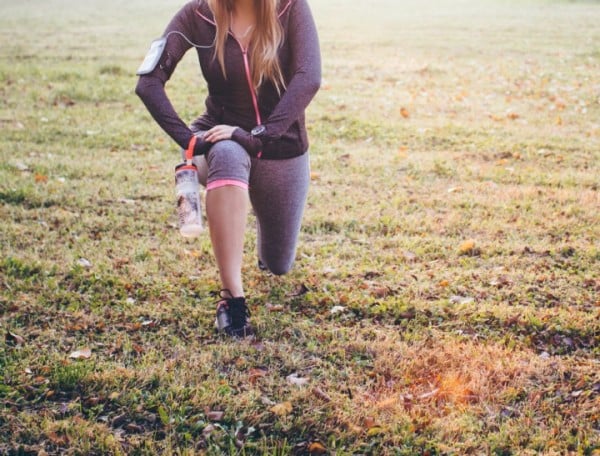
I’ll admit it, turning 40 really turned me upside down and I didn’t think it would. Up until then, I suppose I was feeling pretty invincible and not paying too much attention to my own health or wellbeing.
I wasn’t particularly treating my body, or my preventative health with any priority. In fact, I wasn’t thinking about my health at all. But as an older, wiser close friend told me, turning 40 isn’t all doom and gloom. If anything, it’s a great time to take charge of my health. To take action now so that any of those new health factors that come with those few extra candles on my birthday cake, will be no big deal.
So what are some of the biggest health concerns women might or will face over 40 though?
1. Lowered vitamin D levels.
Our bodies can obtain vitamin D in three, unique ways:
- Through foods that are naturally rich in vitamin D like egg yolks, cheese and fatty fish, like tuna, mackerel, and salmon.
- Through synthesis in your skin when it is exposed to sunlight. Basically, the more your skin is exposed to the sun the more vitamin D is produced;
- And lastly, through dietary supplements.




